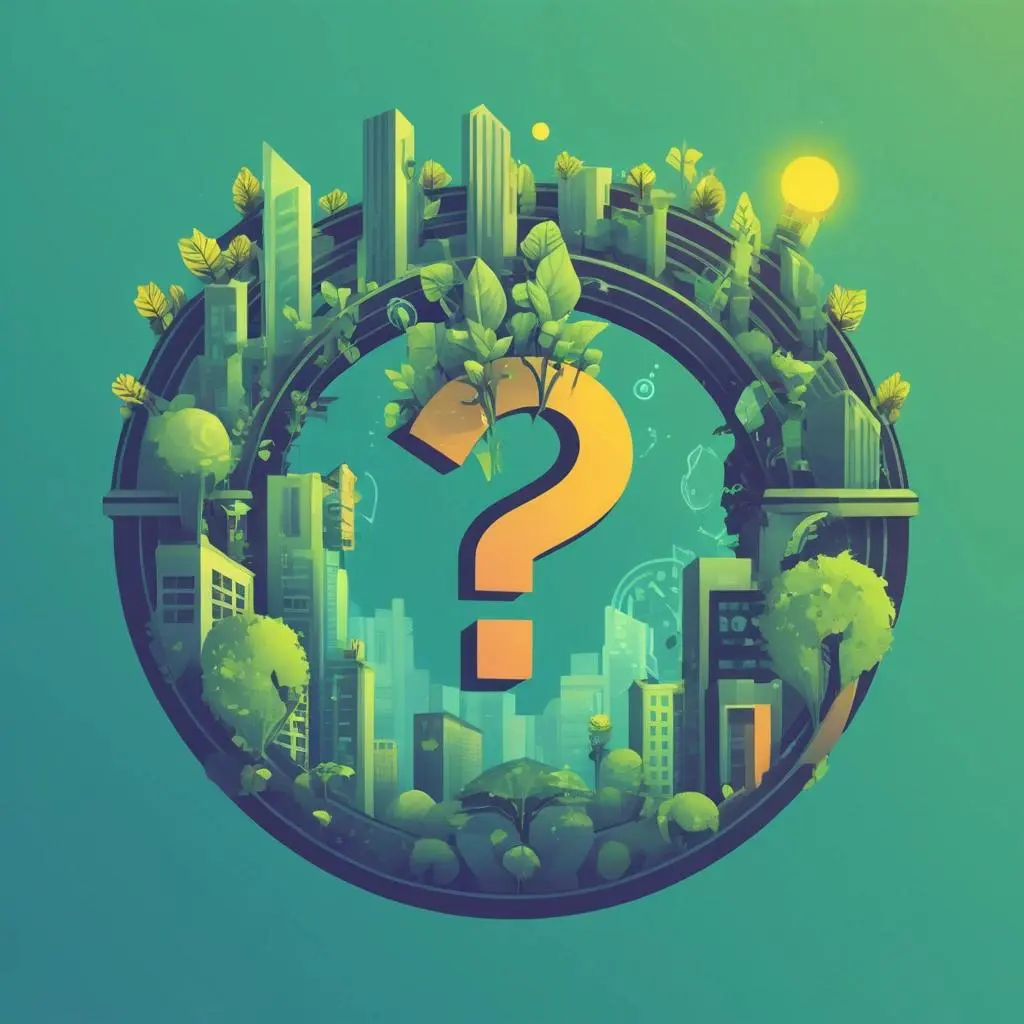

Depending on your needs, you can get a very basic e-ink reader for not that much.
My e-reader, the Kobo Libra Color, has an e-ink color display, stylus capabilities (I’ve been doing crossword puzzles on it), WiFi so you can download books straight from the store as well as Dropbox/Google Drive integration if you store downloaded books there. It also supports Adobe DRM which Kindles don’t.
But my mom has the Boox Note 4C which runs a full version of Android. Since it’s e-ink, don’t expect it to play video or games at all. But for productivity, they’re pretty good. Similarly you can get the reMarkable which is like a large e-ink tablet.
As far as obsolescence goes, you can’t go wrong with an e-reader. It uses very little battery, so wear is minimal. The build is not too complex and usually quite sturdy. You might have to rely on WiFi 4 or 5 but that is no issue for the foreseeable future.
The only thing is new e-book formats. Pdf is very basic and is not subject to change, but epub, the more interactive e-book format is currently on v3. It’s basically just an extension of HTML, xHTML to be precise, so it’s unlikely version 4 won’t open on older readers. But considering the capabilities of v3 I won’t expect v4 to be coming any time soon.











Well me and my wife both have Kobo and I’m very impressed with the build quality and battery usage. You could definitely do sudoku on the Libra, although at 350 plus stylus makes 410 it’s a bit more expensive than the Clara, but you can’t do puzzles on that.